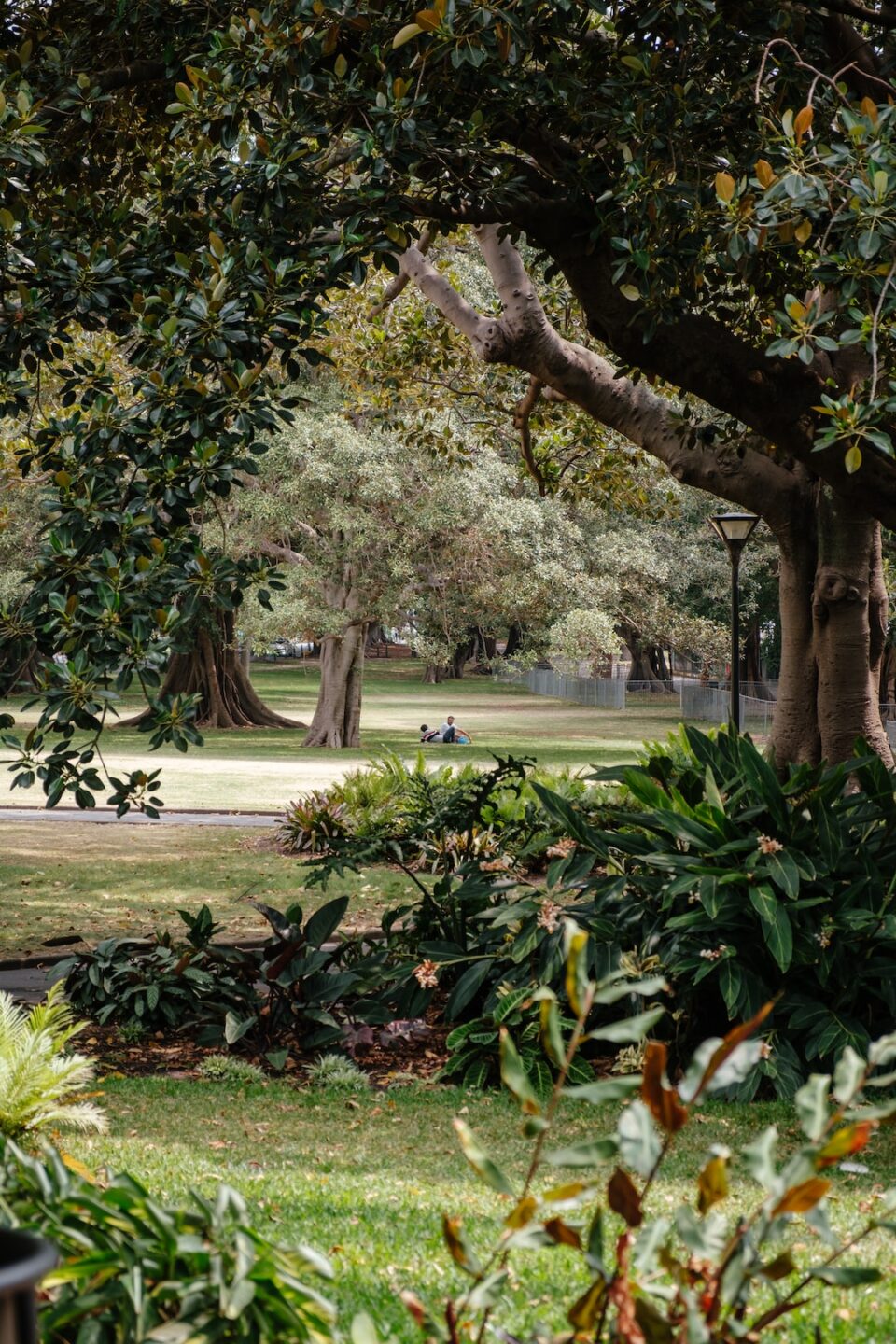The Benefits of Starting a Compost Bin in Your Yard
If you’re looking for a simple and effective way to reduce waste and improve the health of your yard, starting a compost bin in your yard is a great solution. Composting is the process of breaking down organic material, such as food scraps and yard waste, into a nutrient-rich soil amendment that can be used in your garden. In addition to being environmentally friendly, there are numerous benefits to starting a compost bin in your yard.
First and foremost, composting helps to reduce the amount of waste that ends up in landfills. According to the Environmental Protection Agency, food scraps and yard waste make up about 30% of what we throw away. By composting these materials, you can divert them from landfills and contribute to a more sustainable future. Additionally, composting can help to reduce greenhouse gas emissions that occur when organic waste breaks down in landfills. By composting at home, you can make a significant impact on reducing your carbon footprint.
Not only does composting benefit the environment, but it can also improve the health of your yard and garden. Compost is packed with essential nutrients, such as nitrogen, phosphorus, and potassium, that plants need to thrive. Adding compost to your soil can help improve its fertility and structure, allowing for better water retention and drainage. As a result, your plants will be healthier and more resistant to pests and diseases. Compost also acts as a natural fertilizer, eliminating the need for synthetic chemicals that can harm the environment and potentially pose health risks to humans and animals.
Starting a compost bin is also incredibly cost-effective. Instead of purchasing expensive synthetic fertilizers and soil amendments, you can create your own nutrient-rich compost using kitchen scraps and yard waste. This not only saves you money but also reduces your dependence on harmful chemicals. By making your own compost, you can have a sustainable source of fertilizer that will continuously benefit your garden without breaking the bank.
Another benefit of composting is the reduction of water usage in your yard. Compost improves soil structure, allowing it to retain water more effectively. This means less water is required to keep your plants hydrated, saving both money and valuable resources. By using compost in your garden, you can practice water conservation and contribute to a more sustainable landscape.
Composting also promotes biodiversity and healthy soil ecosystems. When you add compost to your garden, you introduce beneficial microorganisms, earthworms, and other organisms that help break down organic matter and improve soil fertility. These organisms contribute to a balanced soil ecosystem, which supports the growth of healthy plants and reduces the need for chemical fertilizers and pesticides. Composting creates a natural cycle of nutrients in your yard, creating a sustainable and thriving environment.
Additionally, starting a compost bin in your yard is relatively easy and low-maintenance. All you need is a designated area in your yard, a compost bin or pile, and the right ingredients. Composting can be done year-round, and the process can be as simple as layering green and brown materials, turning the pile occasionally, and keeping it moist. With a little effort, you can turn your kitchen scraps and yard waste into valuable compost that will benefit your garden for years to come.
In conclusion, starting a compost bin in your yard is a win-win situation. Not only does it help reduce waste and greenhouse gas emissions, but it also improves the health of your yard and saves you money. Composting is a sustainable and natural method of improving soil fertility, reducing water usage, promoting biodiversity, and creating a healthy ecosystem in your yard. So why not take the first step towards a greener future and start composting today? Your yard, your wallet, and the environment will thank you.

